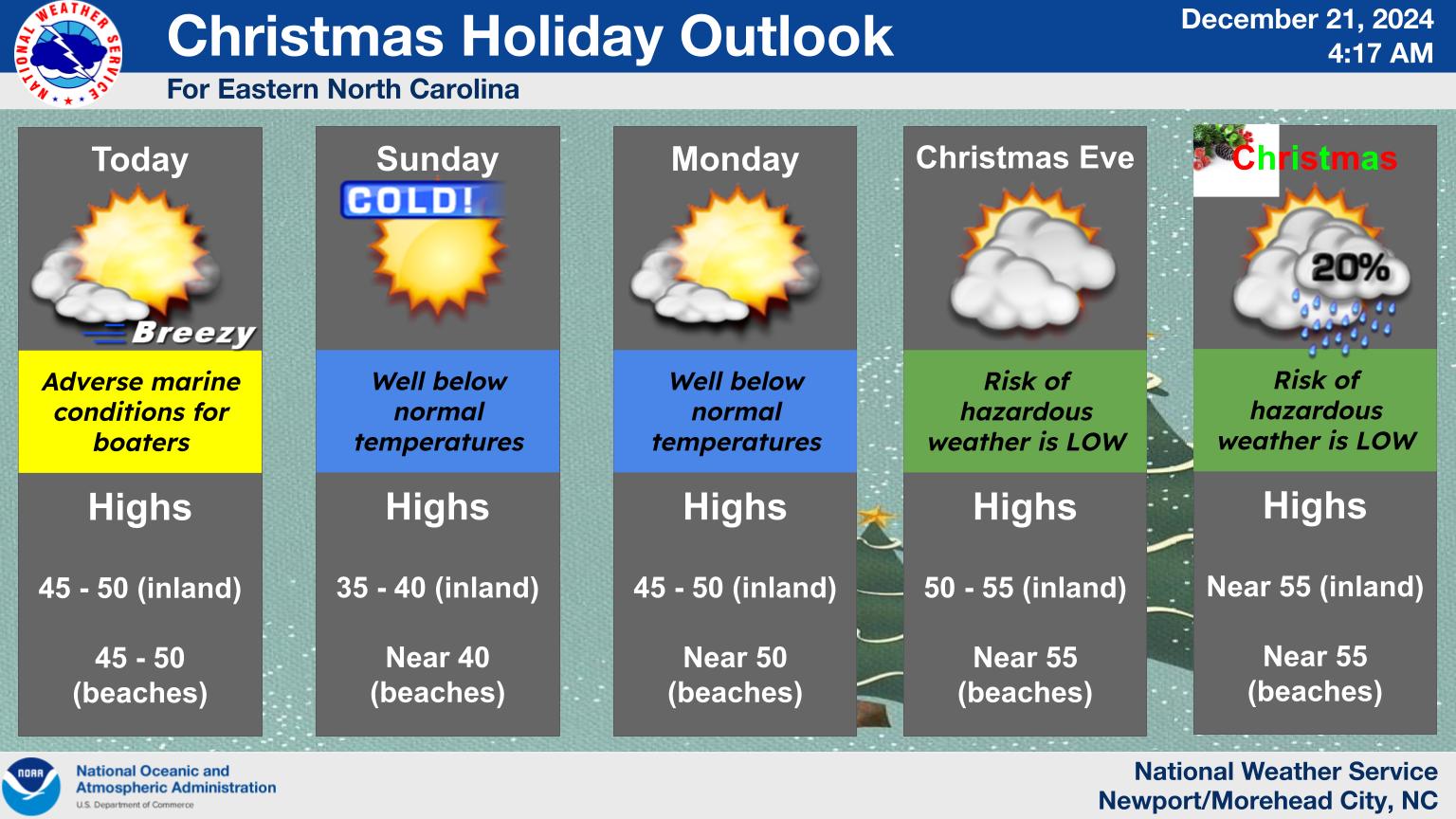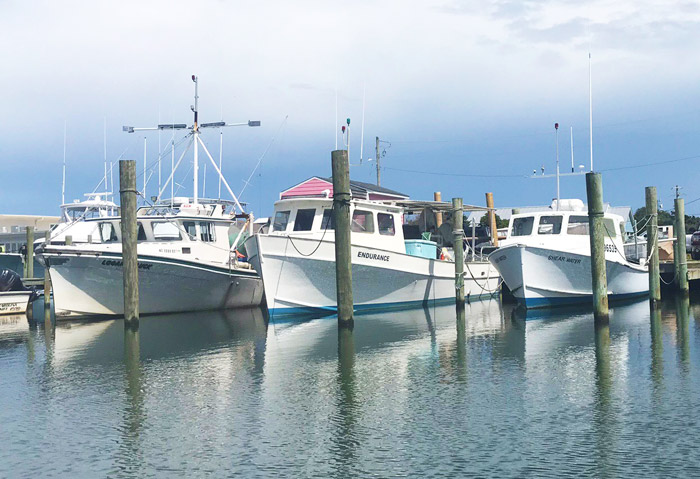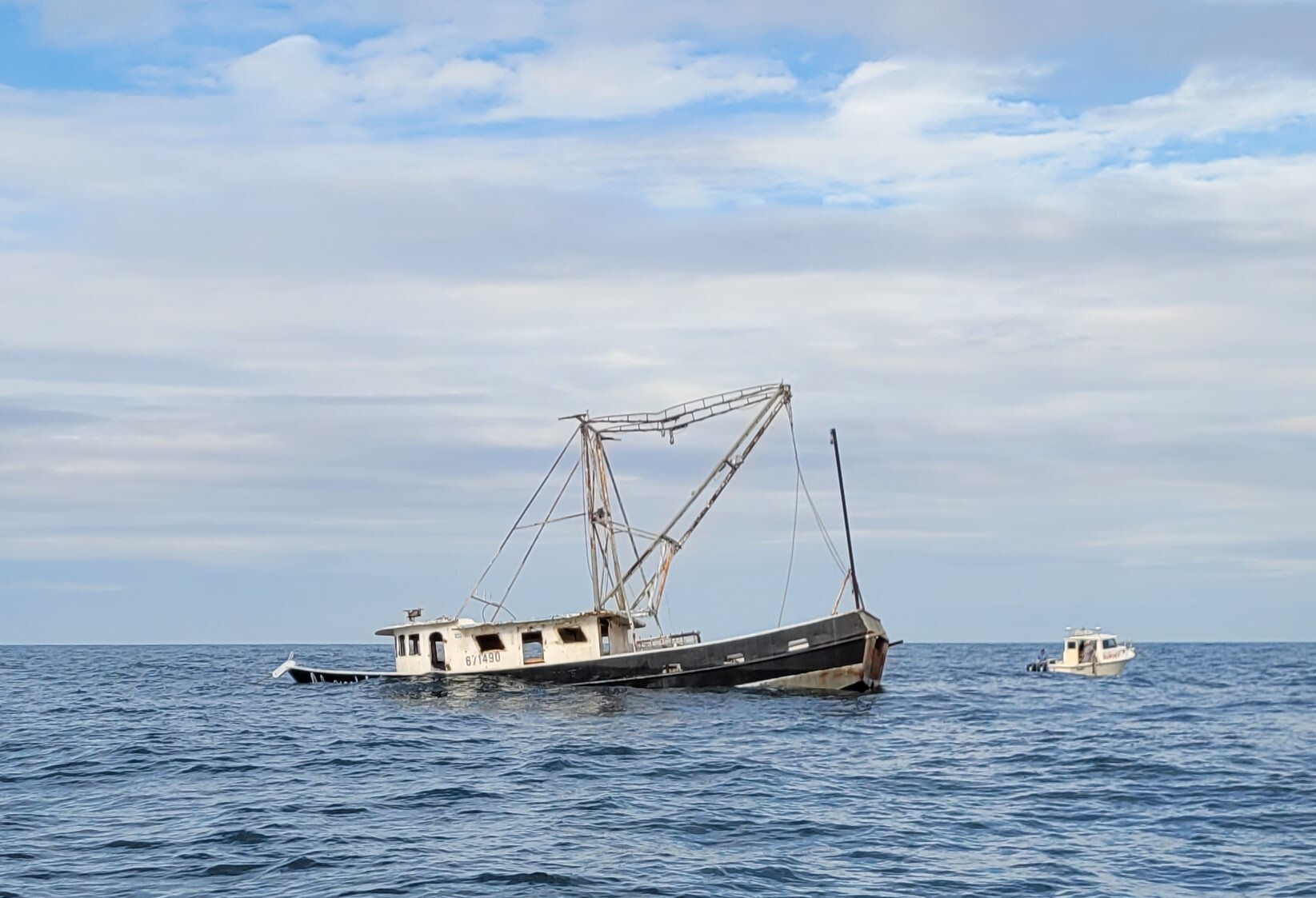Jones leads effort to halt free trade agreement impact on U.S. fisheries
Today, Congressman Walter B. Jones, R-N.C., led a coalition of House members in urging the Obama administration to carefully consider the impact of its proposed Trans-Pacific Partnership (TPP) Free Trade Agreement on U.S. fisheries and fishing communities.
The agreement is widely expected to reduce or eliminate duties on imported fish products from countries such as Vietnam, Malaysia, and Japan.
Among other things, this could significantly cut funding for the Saltonstall-Kennedy (S-K) Act grant program, a U.S. research and development program that benefits American fisheries. Since its passage nearly 70 years ago, the S-K Act has authorized allocation of 30 percent of duties on imported fish products toward competitively-awarded projects that improve U.S. fish stocks, reduce bycatch, and help fishing communities in every coastal region of America.
In a letter signed by eight of his colleagues, Congressman Jones implored United States Trade Representative Michael Froman to keep the potential negative impact on S-K revenue in mind as TPP negotiations continue.
Furthermore, the signers of the letter requested that a detailed estimate of the effect of the TPP on S-K revenue be provided to them before the final TPP agreement language is sent to Congress.
“U.S. fishermen just want a level playing field, but this TPP agreement threatens to tilt the field even more toward foreign fish imports that are often heavily subsidized and contaminated,” said Congressman Jones.
“Fishing is a vital component of the economy in Eastern North Carolina and the coastal United States, with the industry providing tens of thousands of domestic jobs. Those jobs are supported by the Saltonstall-Kennedy program, and the administration needs to keep these facts in mind and act accordingly when it comes to the TPP negotiations,” he added.
The administration has been negotiating the TPP free trade agreement with Australia, Brunei, Chile, Canada, Japan, Malaysia, Mexico, New Zealand, Peru, Singapore, and Vietnam for more than three years and is hoping to finalize the deal this year.














